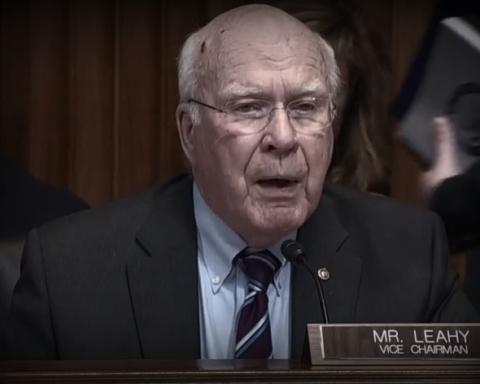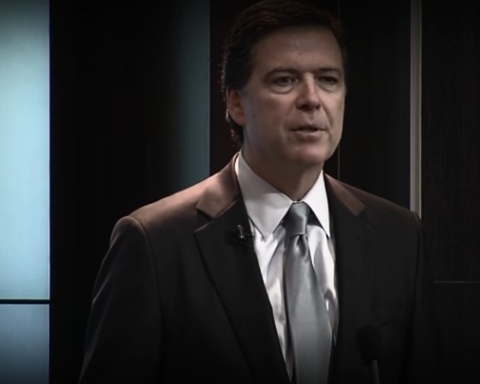The Federal Communications Commission is set to consider new Net Neutrality rules at the end of the month, but there’s talk that it may be setting sights even higher than stopping “throttling” and “fast lanes.” The FCC may take on corporate sabotage of publicly-provided internet, too.
Citing a senior FCC official, the Washington Post reported on Sunday that, in addition to voting on a Net Neutrality proposal on February 26th, commissioners will also look at a measure drafted by FCC Chairman Tom Wheeler to prevent states from erecting barriers to municipal broadband.
In places like Tennessee and North Carolina, communities have joined together to create their own networks. For example, in Chattanooga, “The Gig,” a taxpayer funded, city-owned internet service provider, is offering download speeds fifty-times above the US average, and for roughly the same price. As a result, streams of investment are flowing into the city.
But corporate ISPs like Comcast and Verizon don’t want the competition. With the help of right wing think tanks like the American Legislative Exchange Council, companies have successfully lobbied for laws in several states, including Tennessee, that effectively prohibit further public broadband expansion.
Either through preventing broadband infrastructure in certain geographic locations or putting restrictions on how cheap public internet service can be sold, advocates of municipal broadband argue that these regulations “tilt the playing field in favor of incumbent Internet providers such as Comcast and Verizon.”
The FCC’s Chairman Tom Wheeler is reportedly sympathetic to their concerns.
According to the Post, the commission is considering using a provision with the Communications Act that gives them a power to tear down barriers constructed by corporate ISPs.
“Under Section 706 of the Communications Act, the FCC is authorized to promote the deployment of broadband in the United States. By ruling that the anti-municipal state laws constitute barriers to that mission, the FCC’s draft order invokes Section 706 in preempting the laws,” the paper reports.
The proposal would target just two states that have passed anti-municipal broadband laws, Tennessee and North Carolina, but could serve as a template in 17 other states that have similar measures on the books.
As The Sentinel has previously noted, access to high-speed internet is a socio-economic problem that “Net Neutrality” rules alone won’t address. Roughly one-in-five Americans, including more than half of those making under $25,000 a year, lack access to broadband.
That’s why ahead of last month’s State of the Union Address, President Obama put forward a new proposal to expand high-speed internet that included both new investments in community broadband, and an opposition to laws that restrict those services. The White House wrote a letter to the FCC urging the commissioners to take up the fight against such barriers.
On the other side of the coin, as The Sentinel noted, are ALEC, the Koch brothers-backed Americans for Prosperity, and the US Telecom Association–which features Verizon and AT&T executives on its board of directors. The trio, among other economic elites, has filed public comments with the FCC asking it to refrain from hollowing the corporate-friendly state-imposed limits in North Carolina and Tennessee.
Some legislators on Capitol Hill, too, hope to thwart the President and the FCC’s efforts to expand public broadband services. A bill sponsored by the GOP Chairman of the House Energy Committee, Rep. Fred Upton (R-Mich.), would limit the commission’s power to regulate the net under Section 706.
Lawmakers have also readied legislation to preempt any move by the FCC to enforce Net Neutrality. The Sentinel reported last month, a GOP bill to handcuff the commission was mostly panned by witnesses invited by Republicans themselves to testify at a hearing on the legislation.





